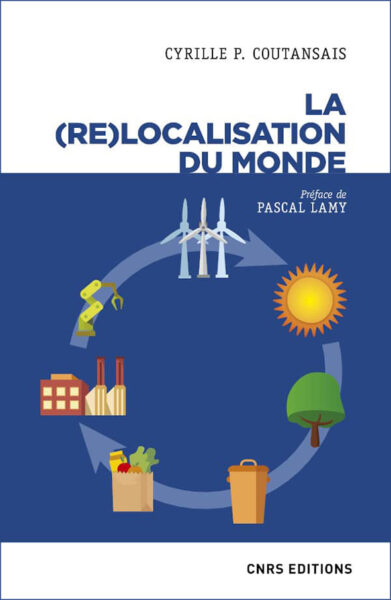Until the 16th century, people were convinced that the Earth was flat. For Thomas Friedman, a journalist on the New York Times, this myth looks as if it coming true. The flattening process is not, however, geographical but cultural and economic. Thanks to globalization – synonymous with “Americanization” – societies and individuals will inevitably become increasingly alike, as he argues in his book The World is Flat (London: Penguin Books, 2006).
Jean-Jacques Salomon explains here that the world at the beginning of the 21st century is just as round as it was 500 years ago and any uniformity is still highly superficial. He points out that Thomas Friedman’s book presents just one of countless ways of perceiving the world today, and that other traditional cultures and lifestyles continue to exist alongside Western ones. Jean-Jacques Salomon argues that the author of The World is Flat is inclined to extend the spread of scientific and technological change rather too rapidly to other aspects of human life. If the world is indeed becoming flatter, the phenomenon is limited to very specific areas and probably reflects much more Friedman’s ethnocentricity than what is actually happening around the world.
The Earth Isn't Flat. Review of Thomas L. Friedman's The World is Flat
Cet article fait partie de la revue Futuribles n° 322, sept. 2006



